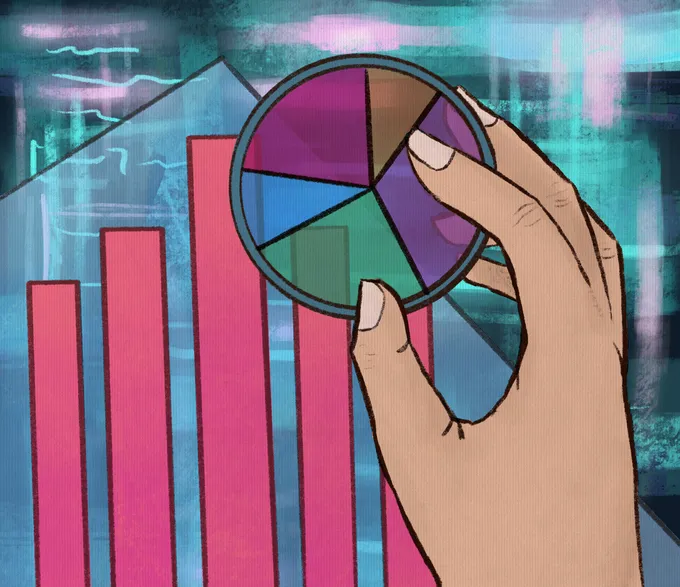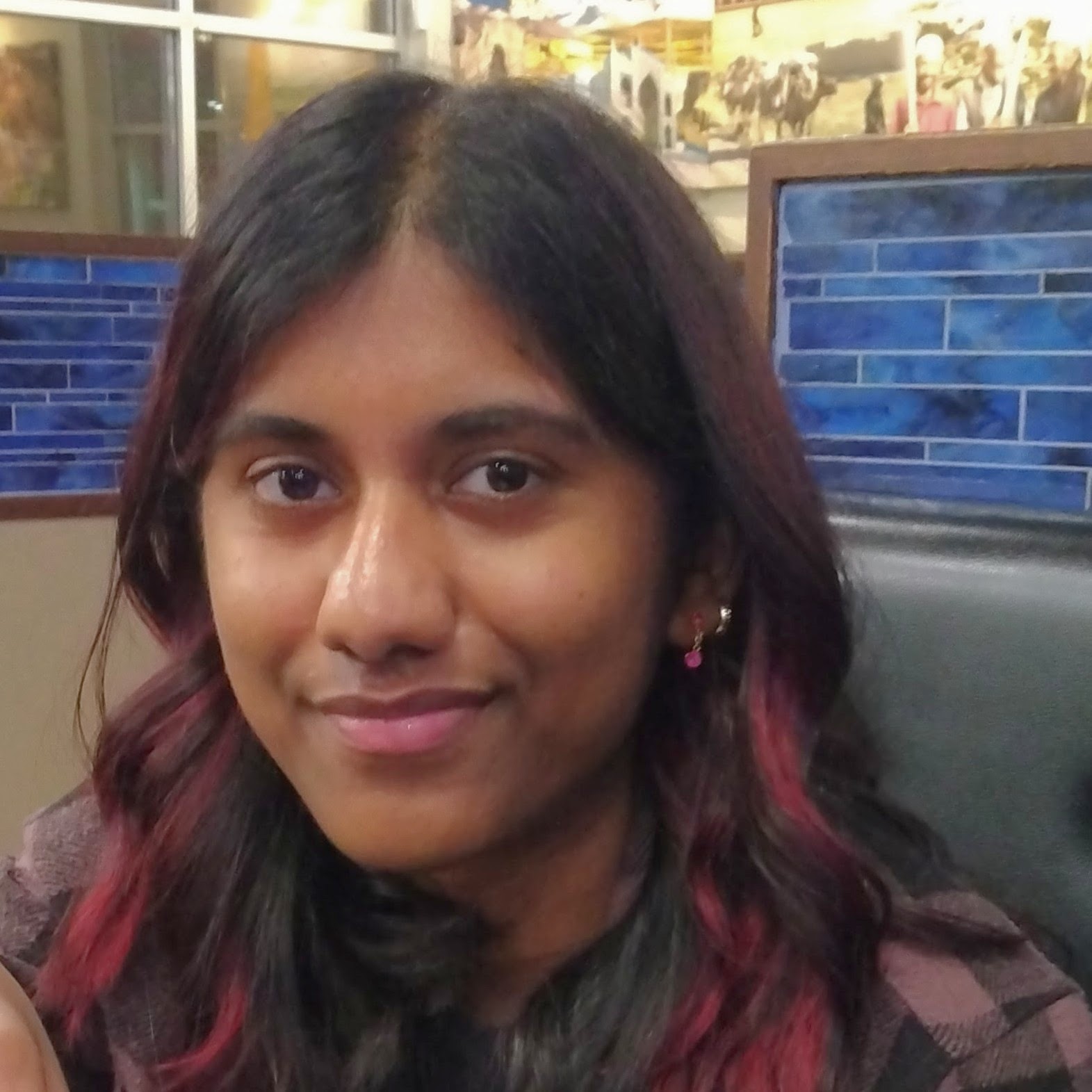Getting a Sample of Data Science at the 2024 Florence Nightingale Day

Art by Sonia Ravindran
Florence Nightingale, “The Lady with the Lamp,” is widely known as the founder of modern nursing for her work in the Crimean War. In addition to this, however, she was also a statistician and a pioneer in data visualization [1]. On 2 March, the Canadian Statistical Sciences Institute (CANSSI) and the University of Toronto Department of Statistical Sciences aimed to honour her legacy in hosting their second annual celebration of Florence Nightingale Day. Thirty high school students, including some from Marc Garneau, attended.
The event, which ran from 10 am to 2 pm, took place at the University of Toronto with the goal of promoting gender diversity in data science. The students who participated took part in various data-science-oriented activities, spoke with professionals in the field, and were provided with lunch.
The activities, which students completed in rotations, allowed them to explore different aspects of statistics. In one activity, the participants selected small samples to estimate the mass of toy dinosaurs as they discussed bias. In another, they visualized the moods of different music artists using the programming language R and the Spotify API.
“I really enjoyed the cats and dogs activity,” said Grade 10 attendee Evie Murdock, referring to an activity where students devised creative ways to conclude whether a lost pet was a cat or a dog by comparing its characteristics to a sample of other pets. “That was fun.”
Following the activities, students took part in “speed rounds,” where they spoke to guest speakers about university, career paths, and other topics related to data science.
“I want to go into actuarial science, so I wanted to get a feel for what that might be like,” said Lisa Bolsinger, a Grade 12 participant, on her motivation for attending. Actuarial science, insurance, consulting, and non-profit were among the sectors represented by the speakers.
Annie Collins, a guest speaker and data scientist for the non-profit GivingTuesday, spoke about her work in the industry. “I create and analyze surveys that ask people about their giving behaviours. […] I enjoy being able to quantify abstract concepts like generosity, and to use novel methodologies to help give people a better understanding of peoples’ behaviours. I also really enjoy being able to answer their questions with data-driven research and writing about my work in a way that is both accessible and interesting to a broader audience.”
Overall, students left satisfied and with a better understanding of data science than when they first walked in, holding laminated copies of their earlier music data visualizations.
“I’d definitely come again,” Evie said.
“It [was] really fun to connect with students and other professionals in a more informal setting,” said Annie, leaving with some advice for students. “Data science is a relatively new and very broad field at the moment. If you are interested in doing data science, you will of course need to work on your technical skills like math, statistics, and coding, but it is just as important to ask interesting research questions and be able to communicate your results clearly. It can be helpful to identify a topic or topics that are of interest to you that will help narrow your focus, allow you to apply your skills, and get you familiar with different types of data. And as early as you can, start working with real-life data sets. Anything can be data, and the real-world data is almost always messy and complicated, so it’s important to get used to this and learn ways to deal with it.”
[1] https://www.nam.ac.uk/explore/florence-nightingale-lady-lamp
